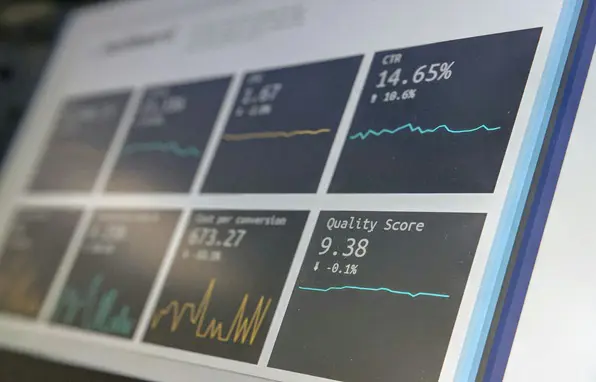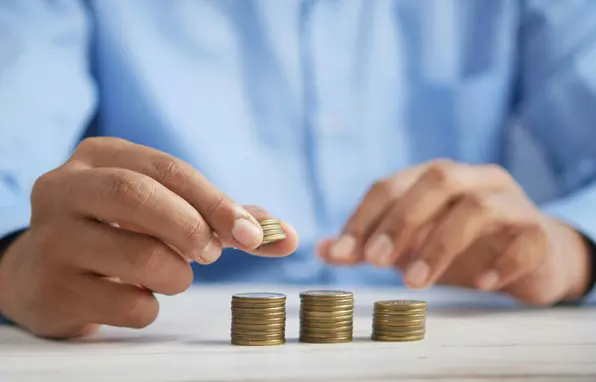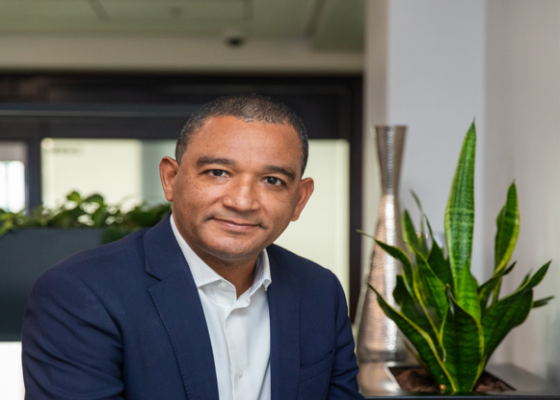Why A Personal Budget Is More Important Than Ever
14 AUGUST 2023
The increase in the cost of living has far outpaced the increase in South Africans’ average income. When your money doesn’t go as far as it used to, you need a new budget. Ever feel like you’re earning less than you used to? That’s probably because you are. A report published in May 2023 by BankservAfrica found that over the five years from February 2018, the average nominal take-home pay in South Africa increased by 22.8%. Problem is, core inflation over the same period was 26.6%.
Ever feel like you’re earning less than you used to? That’s probably because you are. A report published in May 2023 by BankservAfrica found that over the five years from February 2018, the average nominal take-home pay in South Africa increased by 22.8%. Problem is, core inflation over the same period was 26.6%.
You can see what happened there: your income may have increased, but so did the cost of living. Bottom line is, your Rands don’t go as far as they used to.
How do you save in an economy like that? By setting up, and sticking to, a budget.
How to make a budget
With costs going up, if you’re trying to save you’ll need to cut any unnecessary expenses while finding little bits to save. This happens when you draw up a personal budget. Your budget will tell you how much money is coming in, and how much you’re spending. The goal, of course, is to make sure you don’t spend more than you earn – and that you set what’s left aside for savings.
In its simplest form, your budget will have two columns: Income and Expenses. Typical expenses would include things like rent, transport, food, clothing, debt repayments, and so on. And yes, you can include your morning coffee runs under the Expenses column. If you’re spending money on it, it’s an expense!
Finding ways to save
Revisit your lists every month to mark up any changes, and to figure out how much you should be allocating per budget item. Before long, a picture will emerge of where your money’s going. Be prepared for some surprises!
As you monitor your spending, you’ll start to identify small expenses that you could either cut down (say, by changing your coffee order to something less bougie) or cut out completely (say, by drinking the free coffee from the office canteen). All those small savings add up over time.
But don’t just get stuck on the little things. You could also save money by reducing or eliminating some of your big expenses. Could you maybe save on fuel and maintenance by switching to a smaller car, or by renting a cheaper place? Run the numbers and see.
Saving vs investing
Your savings will give you a cushion for emergencies, and they’ll also give you money to invest. Saving and investing are similar, but different: your savings are money that you don’t spend; while your investments represent money that’s growing. In very simple terms, you could save money by hiding it in a sock under your mattress… but it won’t grow in value. An investment should grow in value… but there’s always a risk that it won’t.
Savings could be kept in a bank or other financial institution, making them easier to access in an emergency. Investments, meanwhile, consist of buying stocks, bonds, mutual funds or real estate – and because they’re designed for the long term, it’s harder (and more expensive) to get your money out in a hurry.
Depending on your circumstances and your financial goals, saving or investing (or a combination of the two) may be the best better option for you. Educate yourself and speak to a qualified, trusted, professional financial adviser to find out what would work best for you.
The value of a current budget
As the past five years have shown, the numbers in your Income and Expenses can change quickly and dramatically. That’s why drawing up a personal or household budget should never be a once-off exercise. Review it regularly. Tweak it. Change it. Make sure it’s working for you, and that it’s still appropriate for your needs and your goals.
An outdated budget is better than no budget at all, but a relevant and up-to-date budget is your ticket to taking control of your finances.



